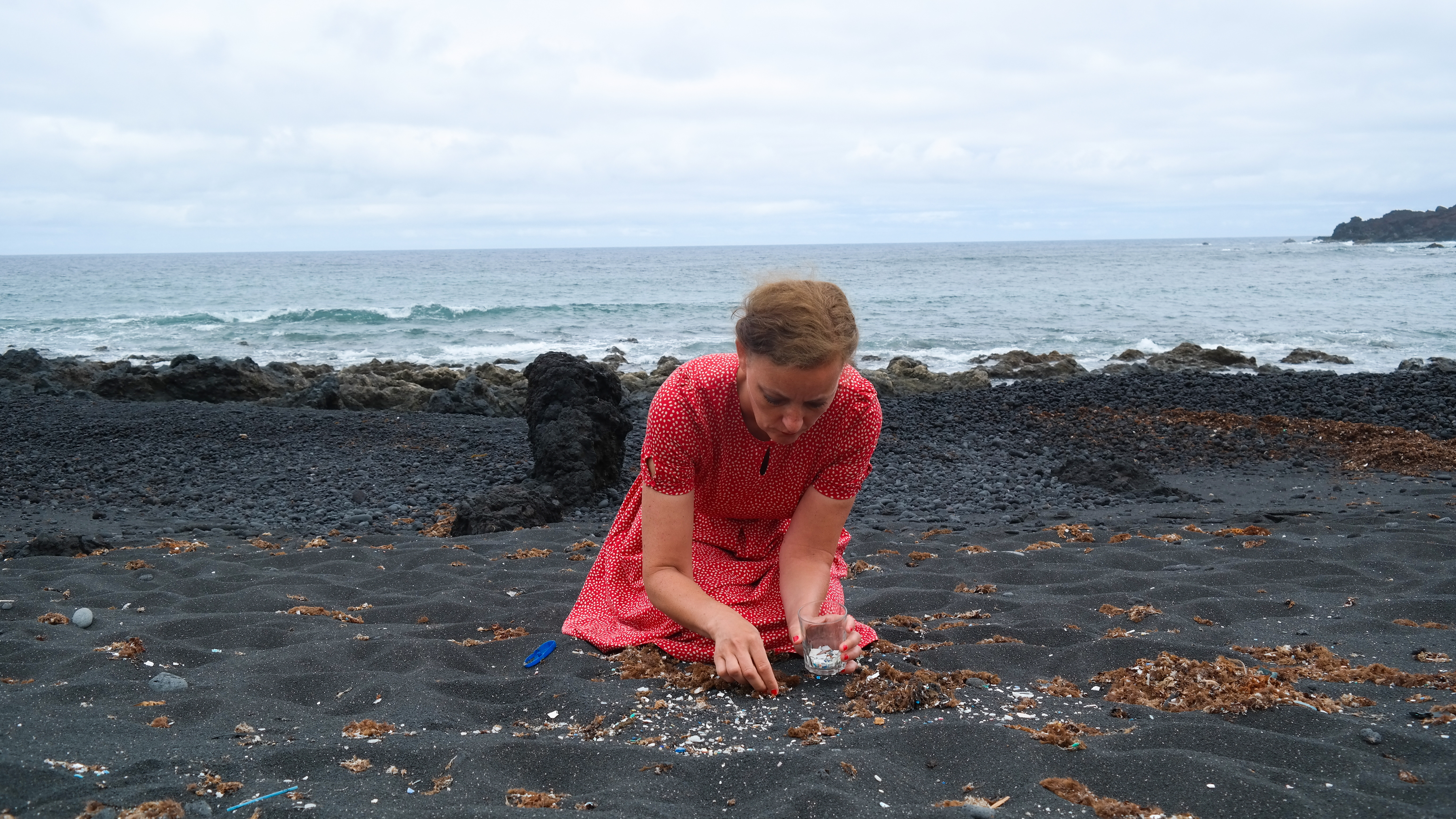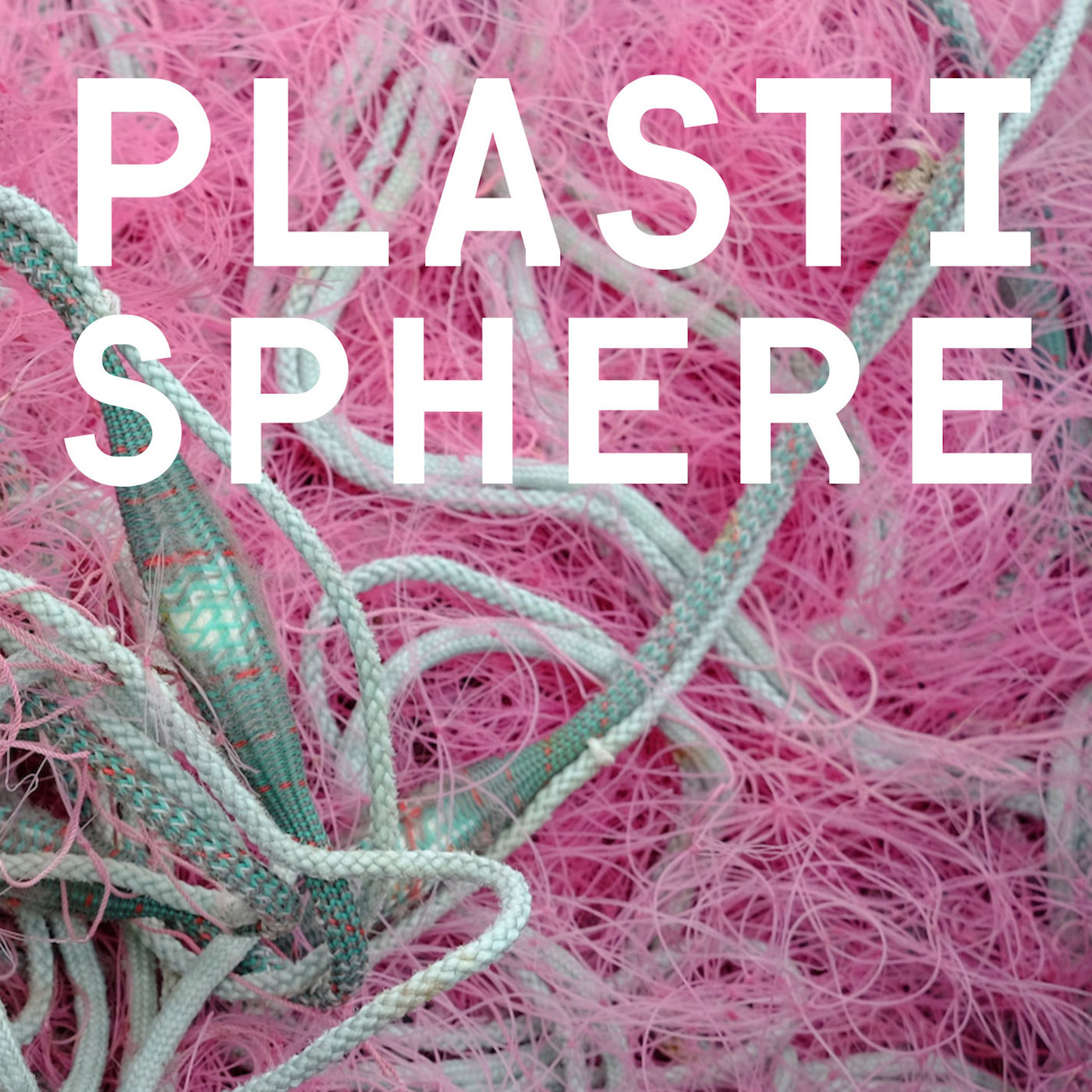Author: Anja Krieger
-
How do I find the old episodes?
The older Plastisphere episodes, produced 2018 to 2024, are not available on the podcast feed anymore. To listen to the archive, find all episodes in the list on this website. Learn more about why I did this in this blog post. For over 50 episodes, I’ve looked at the issue of plastic pollution from many…
-
Meet the early heroines of plastic pollution
I am joined by environmental historian Elsa Devienne. Together, we are exploring the history of the International Coastal Cleanup Day, a huge event, which has been taking place each third Saturday of September for four decades now. In the first episode we learn about the story of Judy Nielson, who organized the first ever citizen…
-
Join the Plastic Mythbusters!
What do you know about plastic pollution? Test your knowledge with the Plastic Mythbusters quiz on the Coastal Pollution Toolbox. A project by Helmholtz Centre Hereon on the Coastal Pollution Toolbox, with Ahnen&Enkel, and the University of Strathclyde. Can’t finish the quiz?
-
In German: SCHIRN mini-series
We dove into the PLASTIC WORLD – a world full of incredible possibilities, but also problematic side effects. Meet plastics experts from various disciplines in this three-part series in German language on the SCHIRN podcast, including art exhibition curator Martina Weinhart, soil ecologist Matthias Rillig, deep-sea ecologist Melanie Bergmann, eco toxicologist Martin Wagner and political…
-
Plastisphere meets Elephant Podcast
The Elephant is one of my very favorite environmental podcasts. For the new episode host Kevin Caners invited me to chat about plastic pollution:
-
Plastisphere im Deutschlandfunk
Mit dem Deutschlandfunk Kultur produziere ich einige Folgen auf Deutsch nach. Hier kann man die Sendungen für kurze Zeit nachhören oder im Archiv lesen: Was macht Kunststoffmüll mit den Böden? Plastik gelangt nicht nur ins Wasser, sondern auch in Böden. Was das bedeutet, wird erst seit kurzem erforscht. Im Labor scheinen kleinste Kunststoffpartikel einigen Pflanzen…
-
More enviro podcasts!
Here are my favorite shows exploring environmental challenges such as plastic pollution, biodiversity loss and climate change. Lots of great stuff to listen to!
-

Inheriting the Anthropocene
Edited version of the article translated by Sebastian Smallshaw and published by Salzburg festival Kamilo Beach is wild and beautiful. Shallow tide pools formed from black volcanic rock extend to the deep blue sea, while lush green vegetation hugs the white sandy beach at the southern tip of Hawaii’s Big Island. There are no tourists as…
-
Lektüretipps zu Plastik bei piqd
Es wird viel über Plastik in der Umwelt geschrieben, aber was lohnt sich wirklich zu lesen, hören oder anzuschauen? Beim Empfehlungsdienst piqd verlinke ich Artikel, die ich spannend finde und allen ans Herz lege, die sich für das Thema interessieren. Hier geht es zu meinen bisherigen Lektüretipps auf piqd
-
Facts & Myths of Plastic Pollution
I just found this beautifully designed page on facts and myths of plastic pollution by researcher Rhiannon Moore. Check it out!
-
Crowd-sourced fact-check
Here’s a great initiative by Martin Wagner and Lesley Henderson to fact-check plastic pollution factoids: Which ones are fact, and which ones myth? Find out in the Google Doc “An inventory of factoids and myths on plastic pollution and microplastics”
-
Debunking plastic pollution myths
Grid Arendal, a Norwegian foundation, has put together a fact-checking website called “Stop Talking Trash about Marine Litter” debunking wide-spread ocean-plastic myths. Project manager Peter Harris published a blogpost with additional background.
-
Best of 2018
In 2018, media attention on plastic pollution skyrocketed. The United Nations dedicated their Environment Day to #BeatPlasticPollution, and National Geographic magazine put the issue on the cover and launched the #PlanetOrPlastic campaign. Here are my picks from the huge amount of reporting this year – fresh and insightful articles, podcasts and fact-checks that truly stood…
